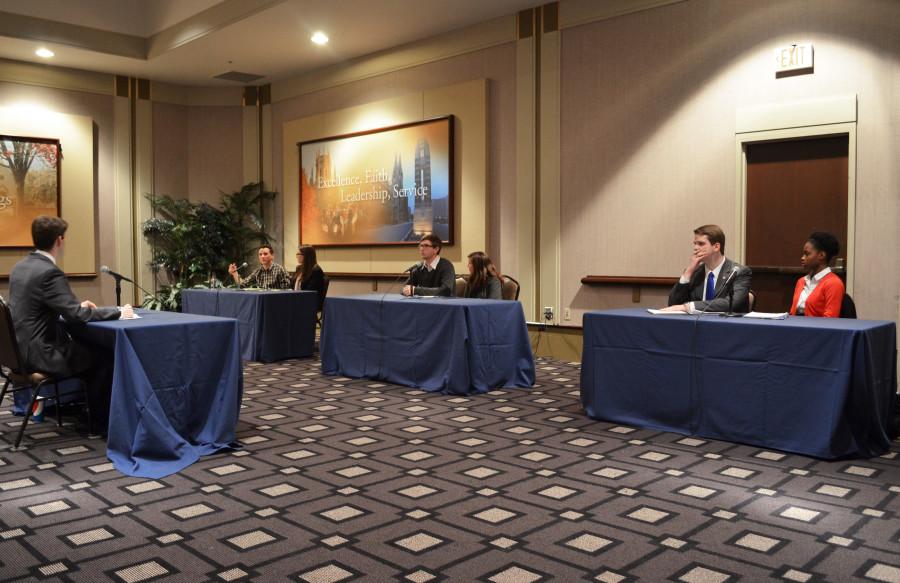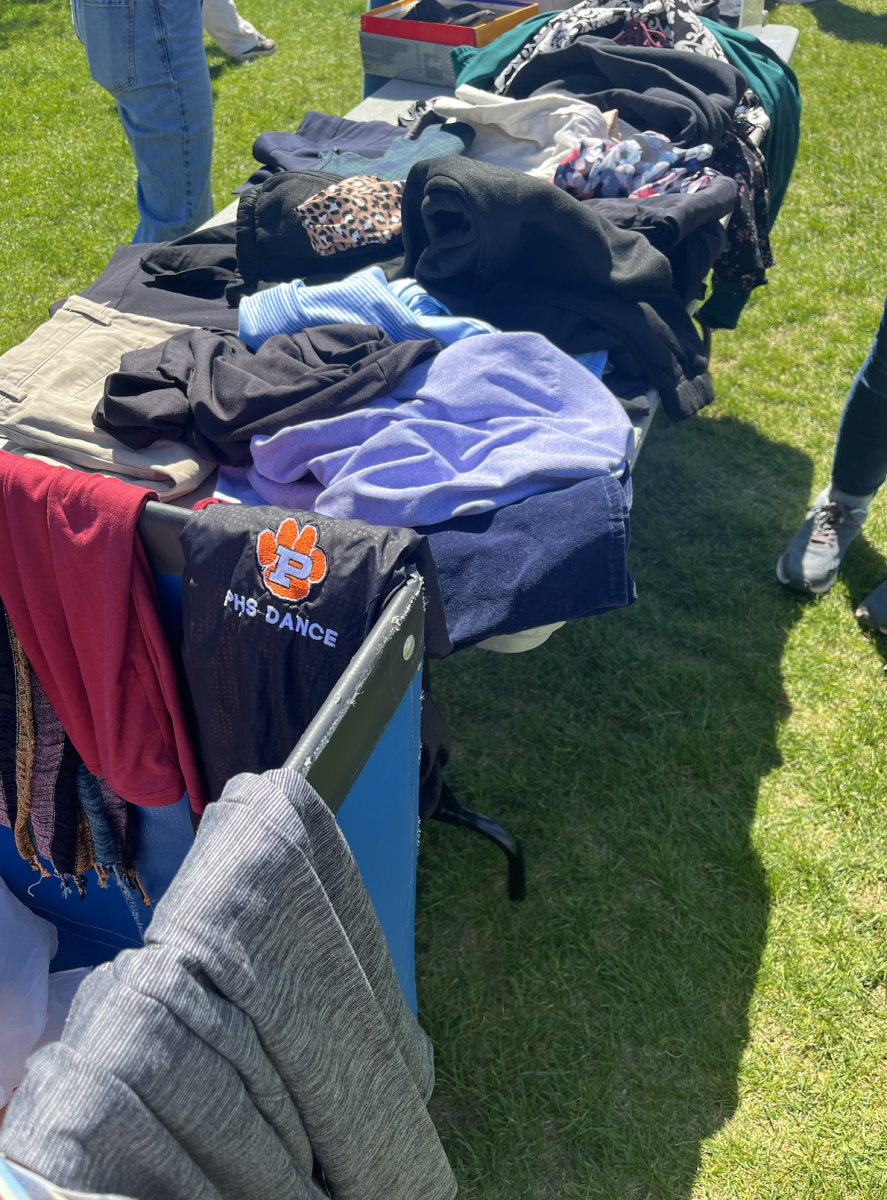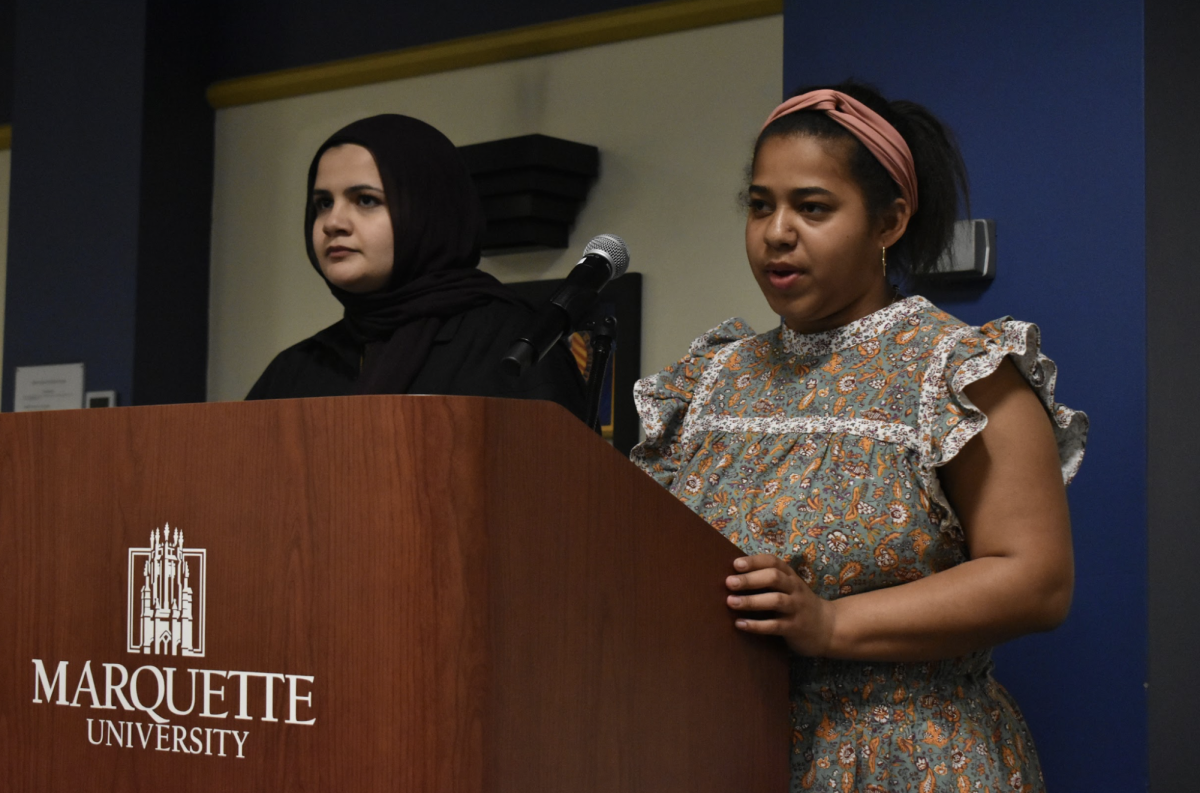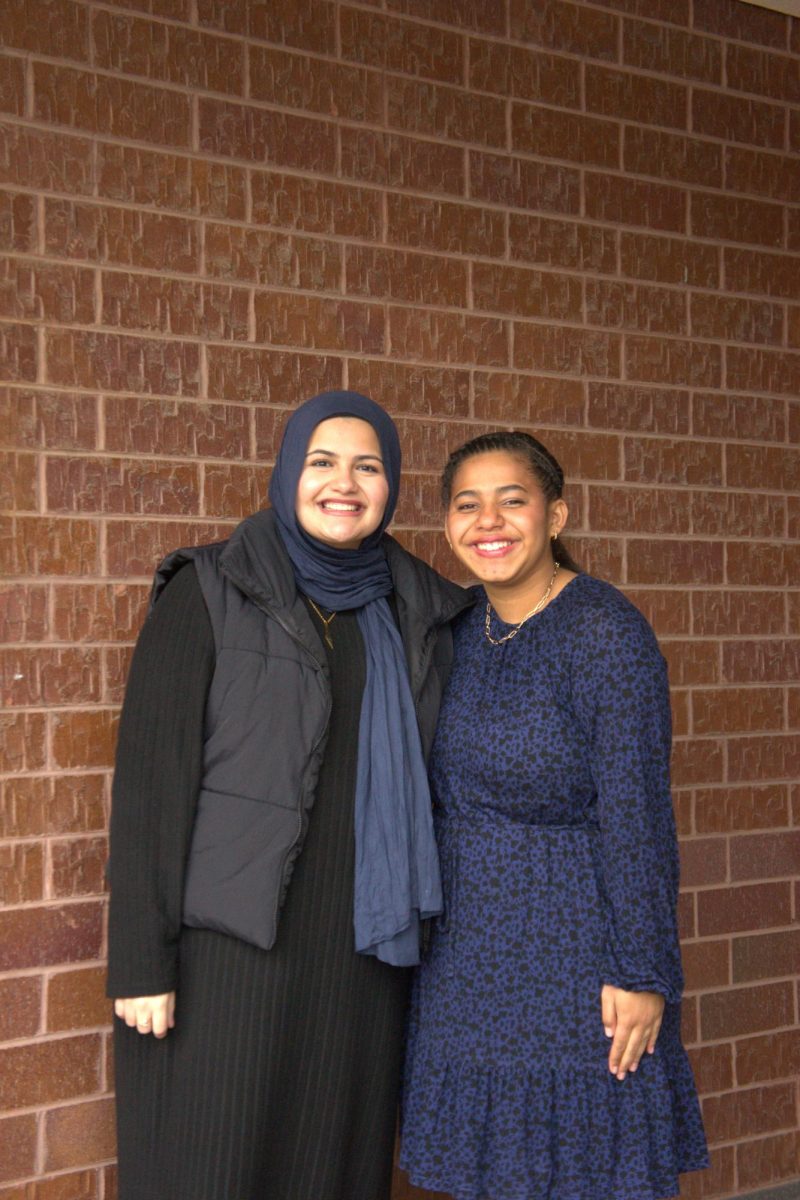Marquette Student Government unanimously passed legislation Thursday that aims to improve the advising process at Marquette.
The resolution asks the administration to make quality advising a greater university priority, increase communication to students about Marquette’s CheckMarq software, lengthen the advising period beyond one week and increase communication between the multiple advisers students may have.
Sam Schultz, the author of the legislation, an MUSG senator and junior in the College of Arts & Sciences, said the legislation was inspired by unhappy comments received in recent MUSG surveys about the advising process.
“Typically, from these surveys, we have found that around one fourth of the student population is dissatisfied with their advising experience,” Schultz wrote in an email. “Advising is a central part of the college academic experience, and even if just one out of four kids are dissatisfied with their advising, that number is much too high.”
Heinz Schelhammer, a senior MUSG senator in the College of Business Administration, said the administration plays a key role in transforming this legislation into reality.
“We have passed this (legislation), which shows our support of the issue, but it is in the hands of the university’s administration to actually make the needed changes,” Schelhammer said in an email.
Provost John Pauly said he has been acting as a communication bridge between the administration and MUSG all year.
“What MUSG and I have agreed to is to make a concerted, good-faith effort to improve advising at Marquette,” he said in an email. “Since my meeting with MUSG last fall, I have held a preliminary discussion of students’ concerns with the deans of the undergraduate colleges, raised the issue in a meeting of the executive committee of the Academic Senate and begun brainstorming with the provost’s office team on strategies.”
In the meantime, students must improve the advising process with their own efforts, Schultz said.
“Students can come to their advising sessions prepared with a tentative schedule, a graduation checklist printed and some questions prepared about ‘higher order’ things like internship questions and future career advice,” he wrote. “This way, the short time we currently do get for advising is spent in an efficient and productive way.”
Schultz said he has a hard time trying to convince administrators to improve advising when many advisers have their own complaints about students.
“I have heard too many professors complain that students don’t even show up to scheduled advising sessions,” he said. “It is pretty hard to convince administrators and faculty to work with us on changes when some students aren’t even holding up their end of the process.”












